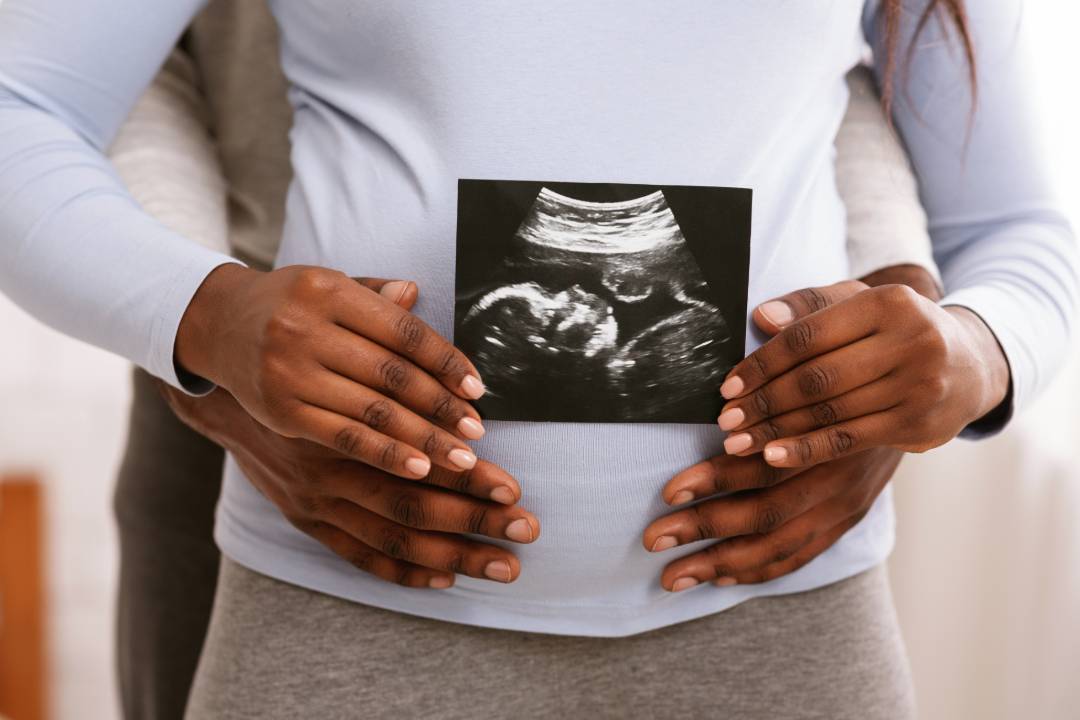
Things to Take Care of After Embryo Transplantation
After undergoing the delicate and hopeful journey of assisted reproductive technology (ART) and embryo transplantation, there are crucial steps that individuals or couples should be mindful of during the post-procedure period. By taking certain precautions and adopting a healthy lifestyle, the chances of successful implantation and a healthy pregnancy can be significantly enhanced.
This article will outline some essential things to take care of after embryo transplantation.
How to Take Care of Yourself After Embryo Transplantation
1. Rest and Recovery
After the embryo transfer, it is essential to prioritize rest and recovery. Taking it easy for a few days following the procedure can promote implantation and reduce stress levels. Allocating time for relaxation and minimal physical exertion increases the chances of a successful outcome.
2. Healthy Eating Habits
Maintaining a healthy diet is vital during this critical period. Focus on including nutrient-rich foods such as fruits, vegetables, whole grains, lean proteins, dairy products, and plenty of water in your daily meal plan. Incorporating these nutritious options ensures that your body receives adequate vitamins, minerals, antioxidants, and fiber to support optimal reproductive health.
3. Avoid Stress Triggers
Stress has been known to have an impact on fertility outcomes; therefore, it is advisable to minimize stress triggers during this period after embryo transfer. Engaging in activities that promote relaxation, like yoga, meditation, deep breathing exercises, or seeking emotional support from friends, family, or professionals can help reduce anxiety levels.
4. Refrain from Strenuous Activities
In order to facilitate embryo implantation, vigorous exercise should be avoided immediately after the transfer. While light exercises such as walking are beneficial for overall well-being during this period, avoid activities that involve excessive exertion or put undue pressure on the pelvic region.
5. Medications Adherence
To optimize your chances of achieving a healthy pregnancy following ART procedures such as embryo transplantation, continue adhering to any prescribed medications diligently post-embryo transfer. It is crucial to follow your doctor's instructions regarding prescribed medications. Be sure to maintain regularity and take the medicines at the specified times.
6. Avoid Harmful Substances
Avoiding harmful substances can significantly improve the success rate of embryo transplantation. This includes refraining from smoking, alcohol consumption, and illicit drug usage, as they can jeopardize the implantation process and potentially harm development during early pregnancy.
7. Minimize Caffeine Intake
While it's okay to indulge in a cup or two of coffee, limiting caffeine intake after embryo transfer is advised. High levels of caffeine have been linked to reduced fertility rates, so it's generally recommended not to exceed 200 milligrams per day (equivalent to approximately one 12-ounce cup of coffee).
8. Follow-Up Appointments
Regularly attending follow-up appointments at your fertility center in Mexico is essential for monitoring progress and addressing any concerns you may have after the embryo transfer. These appointments allow the medical team to closely assess the procedure's success and provide guidance throughout your pregnancy journey.
9. Maintain Positive Emotional Well-being
Positive emotions play an essential role in enhancing reproductive health outcomes, so nurturing your emotional state is beneficial following embryo transplantation. Engage in activities that bring joy, surround yourself with loved ones, or consider joining a support group where you can connect with others who are going through similar experiences.
10. Patience and Positivity
Embryo transplantation comes with its own set of uncertainties; therefore, practicing patience and maintaining a positive mindset contribute significantly toward achieving pregnancy success. Embrace every small milestone throughout this journey and remain hopeful for favorable outcomes.
11. Hygiene and Infection Prevention
Maintaining good hygiene practices and preventing infections are crucial after embryo transplantation. It is essential to follow the recommended guidelines for personal hygiene, such as washing hands regularly with soap and water, especially before and after using the restroom or handling any personal care products. Additionally, it is advisable to avoid swimming in pools, hot tubs, or any other bodies of water during this period to minimize the risk of infection.
Conclusion
After undergoing embryo transplantation as part of assisted reproductive technology interventions, taking adequate care during the post-procedure period is paramount for a successful outcome. By embracing healthy lifestyle habits like restful recovery, proper nutrition, stress reduction techniques, adhering to medication schedules, avoiding harmful substances, and seeking medical follow-ups, individuals or couples can set the stage for an optimal environment for embryo implantation and pregnancy.

Comments (0)